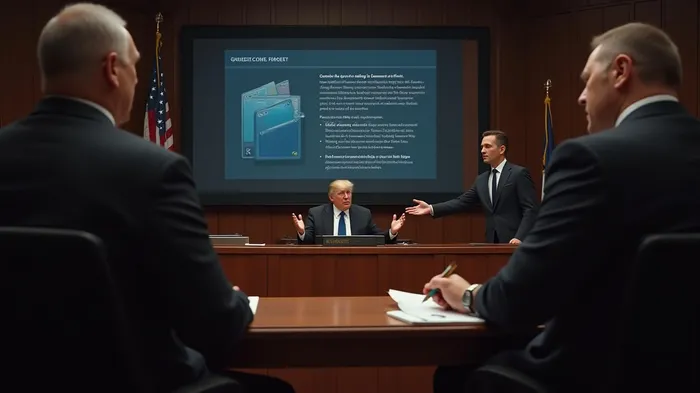Prosecutors Deny Withholding Evidence in Samourai Wallet Case
Prosecutors in the Samourai Wallet case have refuted claims that they withheld crucial evidence in their criminal case against the crypto mixing service’s co-founders, Keonne Rodriguez and William Lonergan Hill. In a letter to the court filed on Friday, prosecutors urged Judge Richard Berman of the Southern District of New York to reject Rodriguez and Hill’s recent motion for a hearing to address the government’s delayed disclosure of a conversation between prosecutors and the Financial Services Enforcement Network (FinCEN).
This conversation, which occurred six months before charges were filed, revealed that FinCEN officials informed prosecutors that Samourai Wallet did not meet their definition of a money transmitting business and thus did not require a license to operate. Despite this guidance, prosecutors proceeded with their case, charging both Rodriguez and Hill with one count each of conspiracy to commit money laundering and conspiracy to operate an unlicensed money transmitting business. Prosecutors alleged that through Samourai Wallet, the two men “intentionally and successfully laundered over $100 million in crime proceeds of all types” and explicitly marketed their services to “Dark/Gray Market Participants” including hackers and fraudsters.
Lawyers for Rodriguez and Hill argued that the government violated due process by not disclosing their communication with FinCEN until last month. This, they claimed, constituted a so-called BradyBRC-- violation, named after the landmarkLARK-- Supreme Court case Brady v. Maryland in 1963, which held that the government must hand over any exculpatory or material evidence to the defense in a timely manner. Prosecutors, however, denied any Brady violations in the Samourai Wallet case. They argued that their conversation with FinCEN employees represented “individual, informal and caveated opinions” rather than a formal finding by the regulator. They also stated that the material was turned over to the defense seven months ahead of trial, ensuring sufficient time for effective use of the information.
In their own letter to the court, lawyers for Samourai Wallet contended that their clients had been unfairly prejudiced by the government’s lack of disclosure, suggesting it could have impacted the magistrate judge’s bail decision or the court’s ruling on an early motion to dismiss the case entirely. Prosecutors countered this argument, asserting that the bulk of the case against Samourai Wallet was not tied to the money transmitting charge but rather to Rodriguez and Hill’s alleged money laundering scheme, which carries a maximum prison sentence of 20 years.
The dispute over the potential Brady violation follows the defense’s request for prosecutors to drop their case under the Blanche Memo, a recent memo from Deputy Attorney General Todd Blanche. This memo ordered U.S. Department of Justice staff to narrow their crypto enforcement priorities, instructing them to stop pursuing litigation against crypto exchanges or mixing services for the actions of their end users. Following the request, prosecutors met with the defense to consider the request on April 10. Nearly a month later, the government has yet to reach a decision, which some former SDNY prosecutors have described as unusual.

Quickly understand the history and background of various well-known coins
Latest Articles
Stay ahead of the market.
Get curated U.S. market news, insights and key dates delivered to your inbox.



Comments
No comments yet